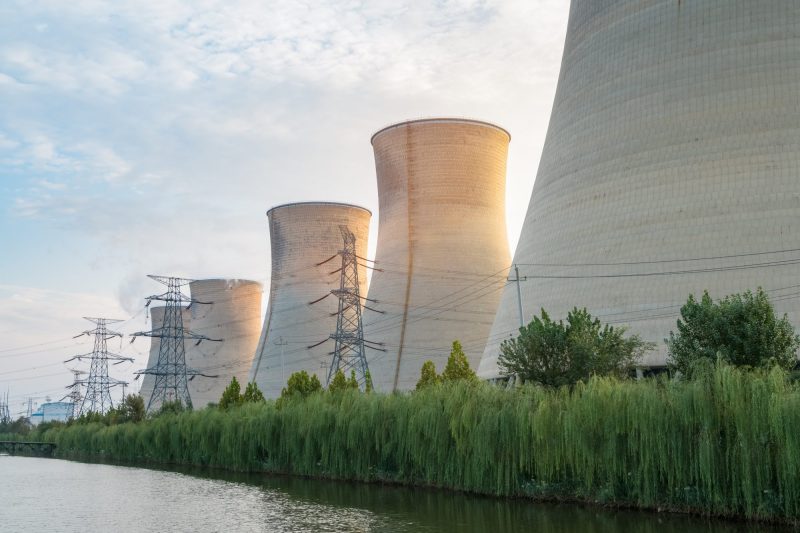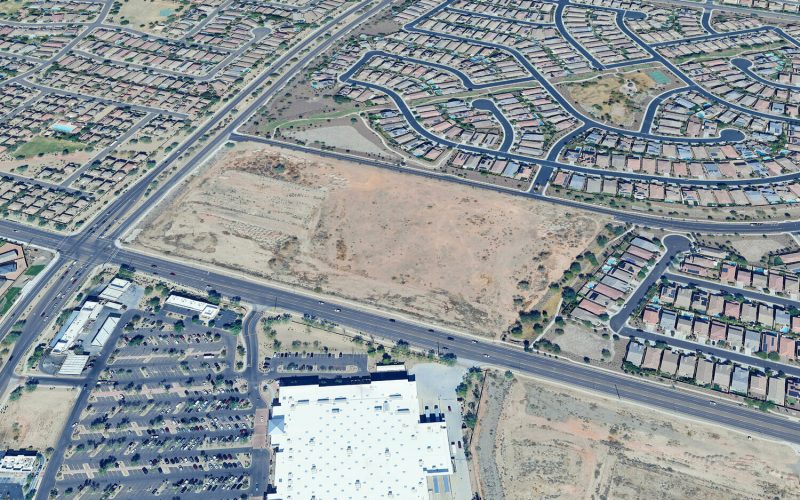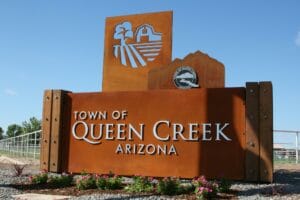By Farah Stockman | New York Times
CLEVELAND — When a young man from Florida barely old enough to enter a bar began buying up office buildings in downtown Cleveland, many in the real estate industry here were eager to do business with him. Even though Chaim Schochet wasn’t forthcoming about who his financial backers were or the particulars of his employer, Optima, he had deep pockets, and his company apparently was able to pay in cash.
It was 2008, and the city had fallen over the edge of a massive foreclosure crisis. Cleveland was hurting, and Optima (which has used different versions of its name) eventually became its largest holder of commercial real estate. And Cleveland was not alone. In communities from West Virginia to Kentucky, a desperate need for investors led elected officials in struggling cities and towns to roll out the red carpet for Optima, which bought up steel plants, factories and commercial real estate.
But things that seem too good to be true often are. In 2019, a Ukrainian bank filed a lawsuit in Delaware alleging that Optima was a front for two Ukrainian oligarchs who used it to launder hundreds of millions of dollars of stolen money. The Federal Bureau of Investigation raided Optima’s offices the following year. In 2021, the State Department issued sanctions against one of the oligarchs, Ihor Kolomoisky.
Cleveland has now become a poster child for the need for more transparency in the U.S. real estate industry. A raft of new anti-money laundering laws and regulations is aimed at the industry, which has attracted more than $2 billion in illicit funds over a recent five-year period, according to one report. Chipping away at the culture of anonymous ownership is a good thing, and is long overdue. But the new rules won’t address the elephant in the room: Many cities and small towns, especially in the American Midwest, badly need investment, and sometimes shadowy foreign money is the only kind that comes calling.








